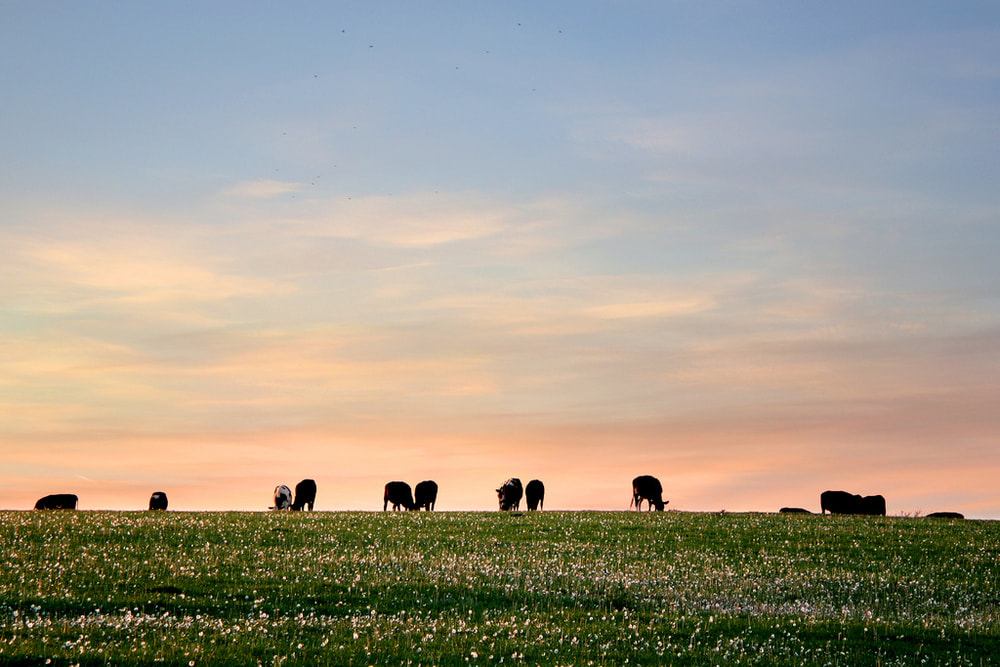
Of the over 127,000 people who have been recorded as having died of Covid 19, it is now reported that around a quarter, although testing positive, in fact died of other causes. A fact which is not exactly surprising. We have all heard stories of heart attack, cancer and road accident victims being recorded as Covid being the cause of death!
It is good to hear that the CBBC television programme Blue Peter has dropped an anti-meat pledge that was part of a green badge climate challenge for its young viewers. The “climate heroes” challenge, which involved such tasks as switching off lights and not using plastic bottles, had been criticised by farmers and agricultural organisations, for asking children to swap to vegetarian meals.
Tim Davie, the BBC director-general was reminded of the BBC’s responsibility to provide an impartial argument, and it was suggested the green badge campaign was an “opportunity to share the fantastic credentials of the British red meat industry, which is amongst the most sustainable in the world”.
Now, the new wording on the BBC website says “choose a couple of vegetarian meal options during your two weeks as part of a healthy balanced diet".
Welsh farmer Gareth Wyn Jones had criticised the initial “sweeping statement” for overlooking the benefits of UK grass-fed meat, and local and seasonal food. He welcomes the BBCs climb-down and said, ‘the answer is to educate the next generation not to dictate to them’.
Geneticists are conducting research with the help of Northern Ireland cattle farmers, with a view to identifying cattle with aggressive behaviour. Cattle are the main cause of on farm fatalities and injuries, which is clearly a concern.
The aim of the research is to identify hereditary traits in certain cattle which have harmed or killed. They are also asked to report incidents which have been near misses. I am sure this research will be valuable.
However, this story reminds me that not all incidents involving the interaction between livestock and humans which result in death or injury, are the fault of the animal.
Many years ago when we had the Guernsey herd at Ote Hall, there was a point in case. My mother had employed a herdsman who came well recommended but, within a short time she realised his behaviour towards the cattle was inappropriate, bordering on the dangerous.
She was concerned that his treatment of the livestock would eventually result in an incident which would not end well. The final straw being when she found him provoking her prize winning Jersey bull with a pitch fork.
My mother’s reaction was to fire him on the spot with immediate effect. He left Ote Hall and moved onto another dairy farm which also had a Channel Island breed, in that case Jerseys.
How right she was to send him packing, for within three months she received the news that the guy was dead. He had been gored to death by a young heifer with a new born calf.
The moral of this story is that cattle, as with all animals, should be treated with respect. They have natural instincts to protect themselves, and their offspring in particular. Cows with calves, and bulls, however even tempered they are generally can return to their primeval instinctive behaviour in the environment of the farm yard, or out in the fields.
Be it dogs or unfamiliar humans, they become instinctively wary and protective against the possible danger. This can make a normally docile animal extremely dangerous. The fault is not with the cattle but the humans. I trust the researchers will keep this in mind.

 RSS Feed
RSS Feed